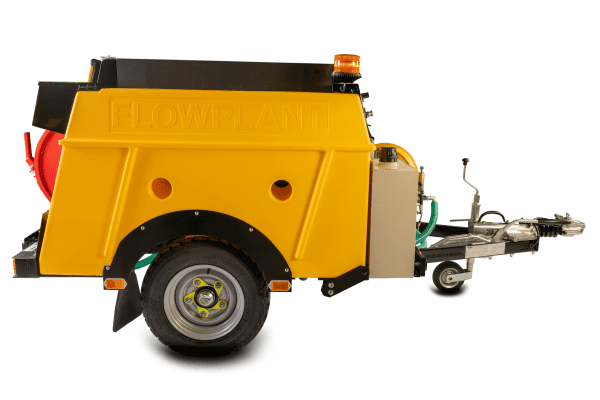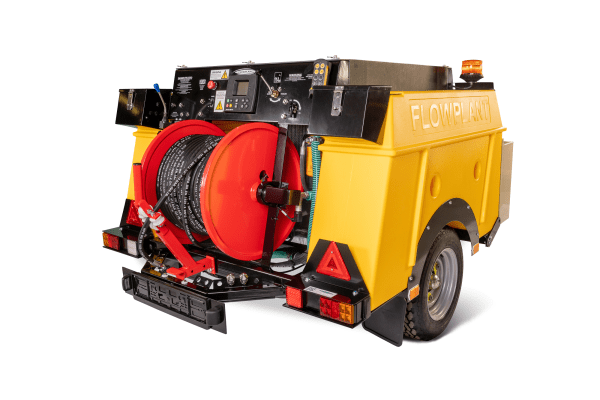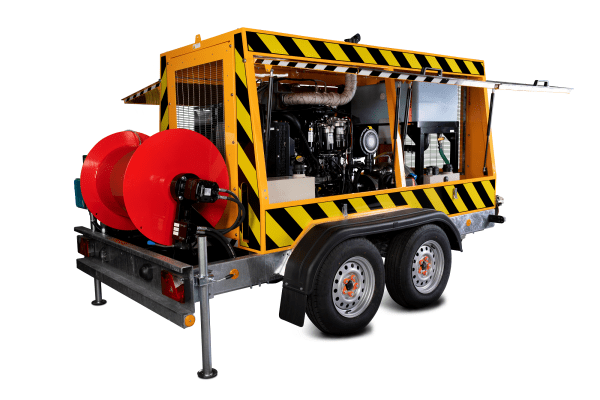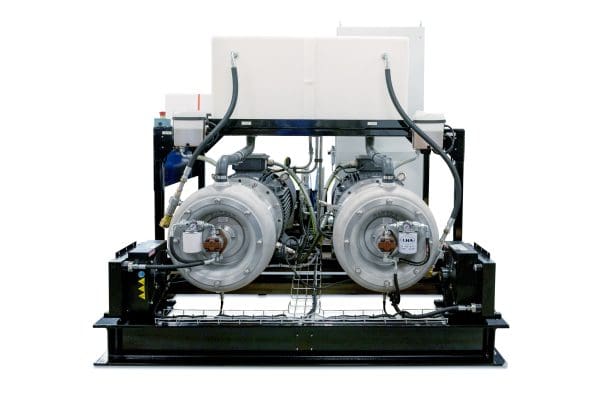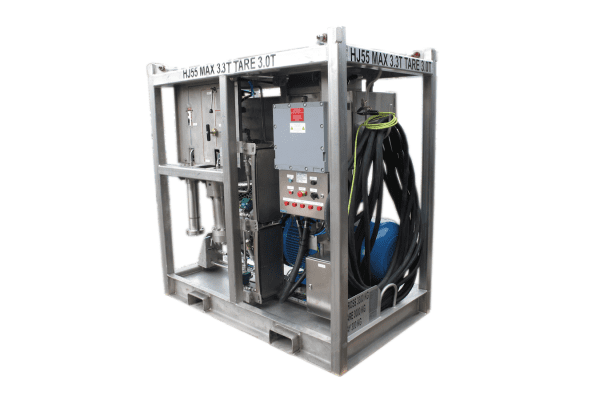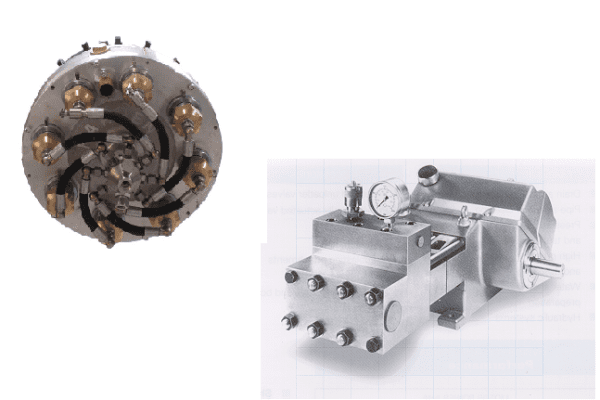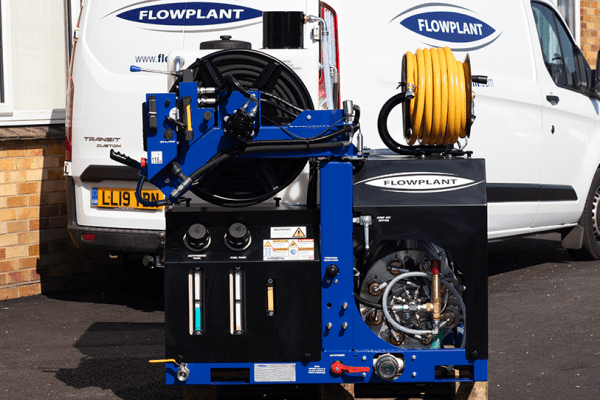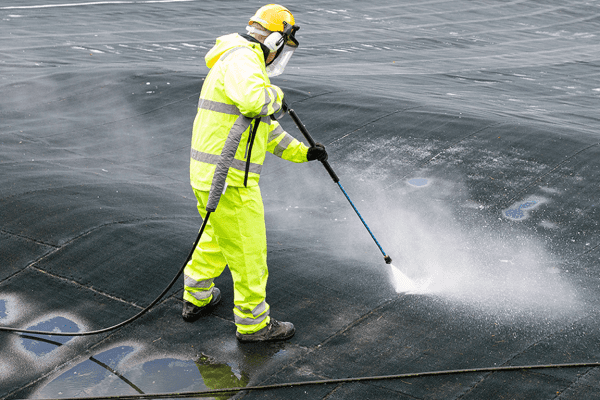News
Clear The Airwaves
Only a few years ago radio controlled jetters were something of a rarity, but the dangers associated with hard wire systems and the customer demand for better usability has driven the development of robust and reliable radio systems that meet the rigours of the water jetting industry. Nowadays more than 80% of the machines we build for the drain cleaning industry are fitted with our fail safe radio control and that number is still growing.
It’s not difficult to see why so many people are opting for remote controls.
- Safety is greatly enhanced as operation of the jetter is placed firmly in the person doing the jetting
- Emergency shut down time is dramatically reduced and along with it the likelihood of serious injury occurring if things go wrong at the ‘sharp end.’
- Jet pressure and flow can be finely tuned to match each task causing less splash-back and flooding.
- Water usage is reduced because the jet only operates when you really need it.
So it goes without saying that it is very important if you’re using a radio control system that you know how to look after your handset transmitter – after all they make the working day a whole lot easier for you.
We have put together a few pointers to help you keep your handset in tip top condition.
- By far the most common cause of handset faults is mechanical damage. The unit is protected by a heavy rubber shock absorbing case, but drop it from a high enough height and you will damage it. Driving over it with your van will also do the trick and bouncing it down the road is quite effective too! The handset is provided with a clip and lanyard so you can secure it to your jacket or trousers to keep it safe. When it’s not in use store if safely in the van cab where it is dry and warm.
- Surprising maybe, but water ingress is a rare cause of failure. The handset is certified under an international ‘IP’ system that independently tests it to see how good it is at keeping out water and dust. Flowplant units are rated IP66 and that means they are dust tight and waterproof against a jet of 100 lpm from a 12.5mm nozzle at 3m for 3 minutes. We wanted to check this for ourselves so we set up our own independent test which you can view here. Our head of Engineering was holding the handset and he will confirm just how wet this test was, but the handset was perfectly dry when we opened it up. To keep the unit waterproof take care of the foil screen on the front and the rubber button boot on the back. We have seen them cut and scored, probably as a result of being ‘chucked’ onto the floor, and this will eventually allow water in. If you drop the unit down a drain or into a toilet it will be submerged and you should retrieve it immediately and thoroughly dry it. It is possible though that the fall combined with the water will create a leak path and future damage.
- Keep the battery fully charged. During the bustle of the day it is easy to lose track of how much you use the handset, but it is important that you keep the battery charged so that it doesn’t go flat when you’re least expecting it. All units are provided with a 12v car charger and a 240v mains version, so a top up every night should keep you working. If the handset does go flat whilst you are jetting our fail safe system will stop the high pressure jet and the engine will slow down. You will be able to use the jetter in manual mode but if you are on your own you will be braking the Water Jetting Association safety rules so you’ll need to stop work and collect a mate before proceeding.
- Always ‘pair’ your handset every time before trying to start your jetter. When we commission a machine that has been purchased from us we will show you how to do this. It is a safety process that links your handset to your jetter – and nobody else’s! It is a really simple procedure that takes about 5 seconds but keeps you safe and sound. By making sure that anyone who uses the jetter understands and can carry out this process you won’t waste time and money wondering why the machine won’t start and possibly even flattening the jetter battery.
So there you have it! Treat your radio control handset with respect and it will repay you with years of trouble free use or ‘chuck’ it around and pay the price in lost time and repair bills.


